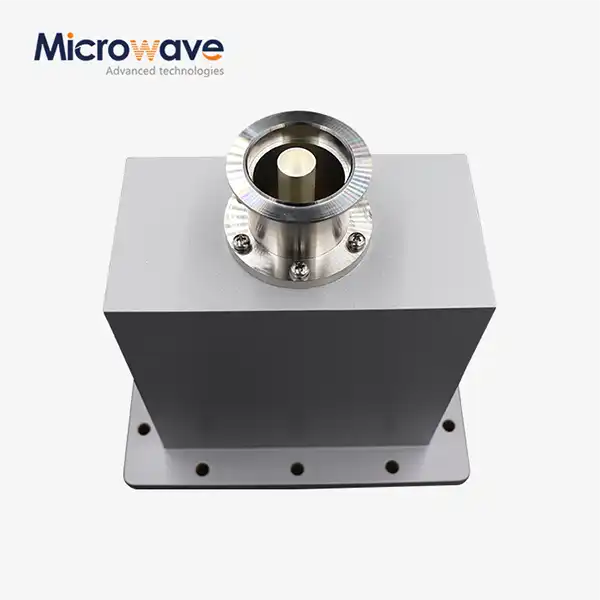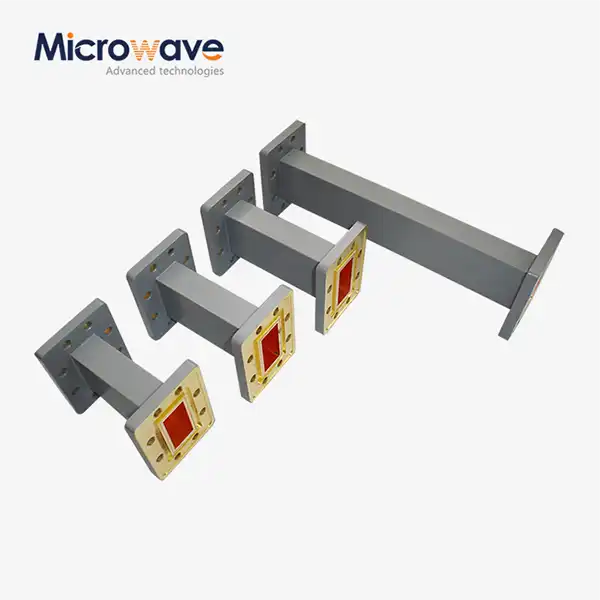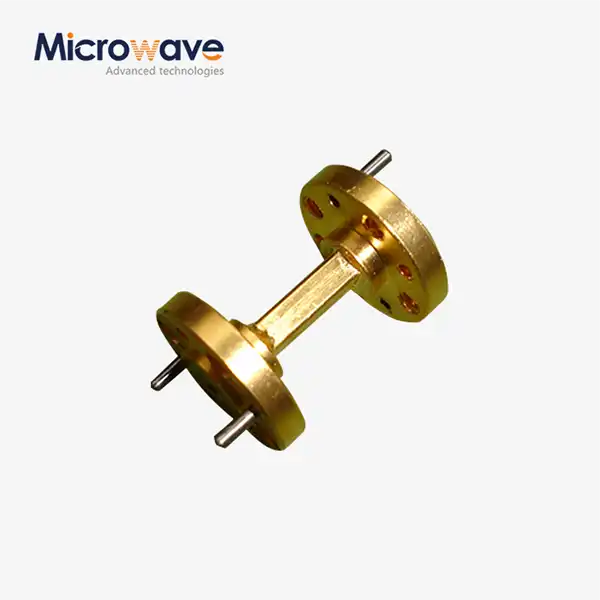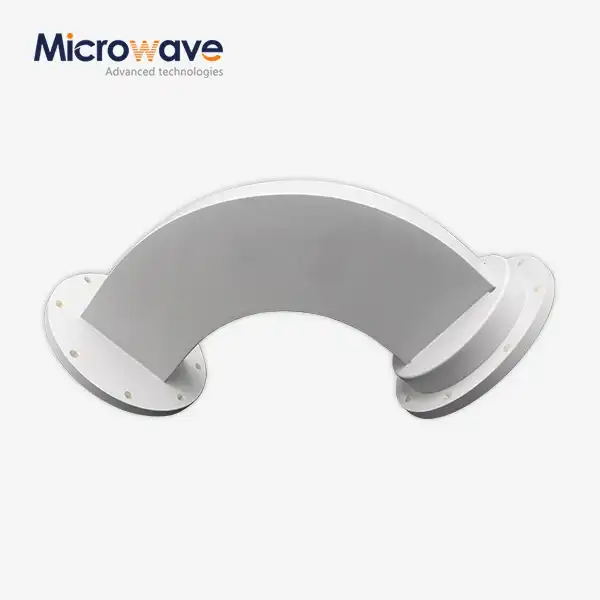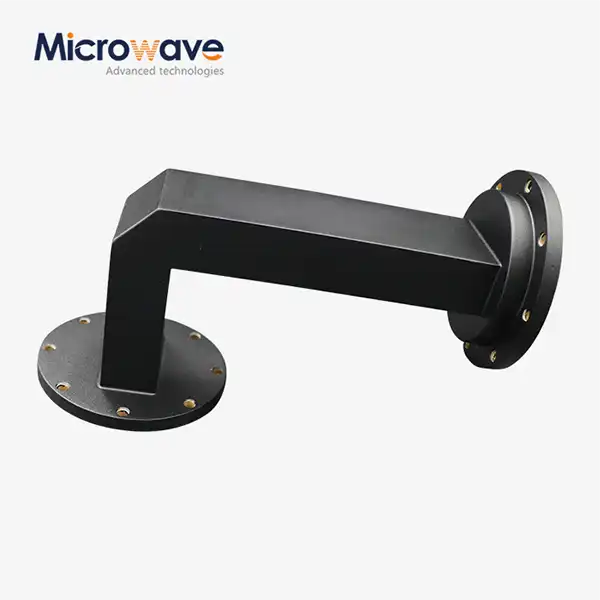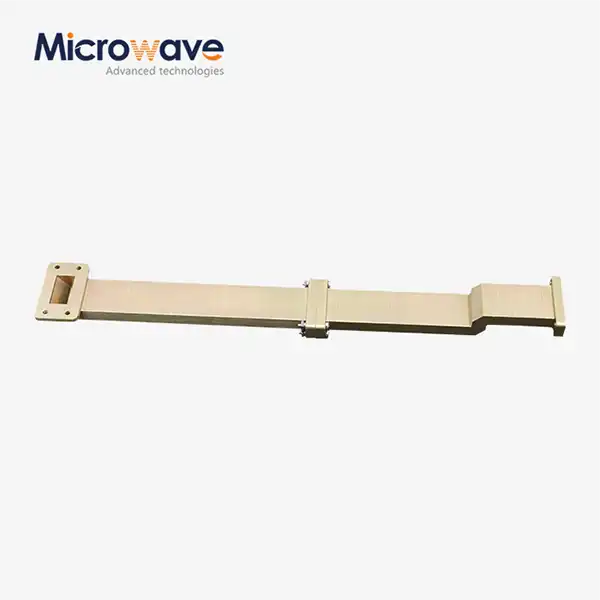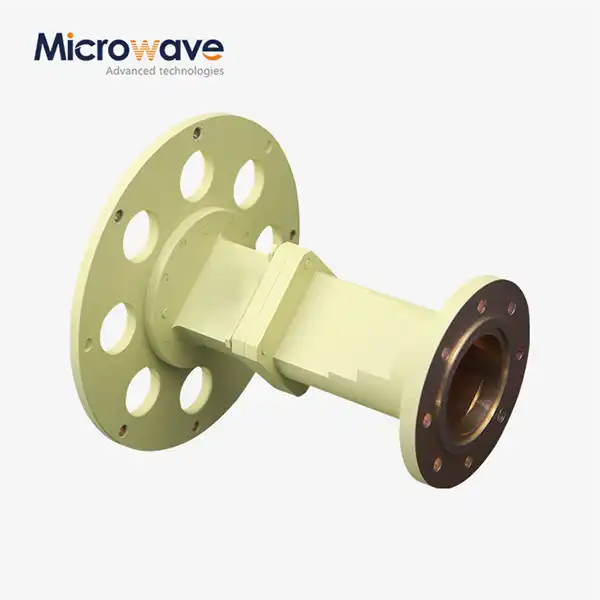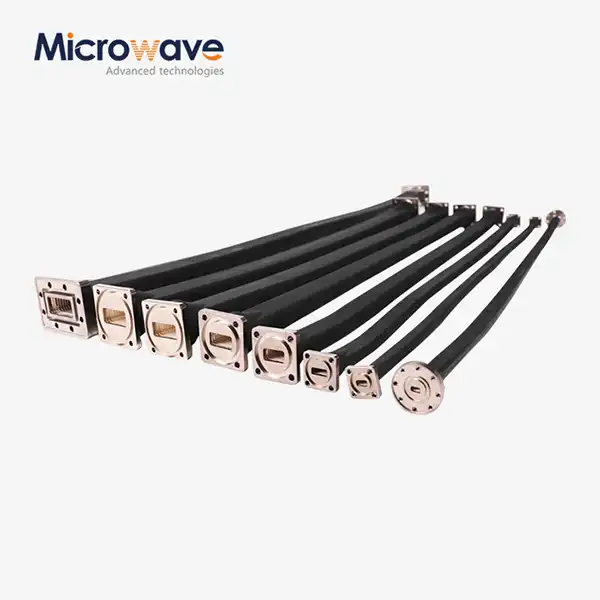Coaxial Fixed Attenuators vs. Variable Counterparts:A Comparative Analysis
In the realm of radio frequency (RF) and microwave engineering, signal attenuation plays a crucial role in system performance and reliability. As engineers seek optimal solutions for power management, the choice between fixed and variable attenuators becomes increasingly significant. This comprehensive analysis explores the fundamental differences, performance characteristics, and application scenarios of Coaxial Fixed Attenuators compared to their variable counterparts. By understanding the unique advantages and limitations of each type, professionals can make informed decisions that align with their specific project requirements and ensure maximum system efficiency.
Fundamental Principles and Design Architectures
Core Technology Differences
Coaxial Fixed Attenuators represent the epitome of precision and stability in signal attenuation. These devices are engineered with resistive elements arranged in specific configurations—typically Pi or T networks—to achieve predetermined attenuation values that remain constant throughout operation. Advanced Microwave Technologies' Coaxial Fixed Attenuator product line exemplifies this approach with its meticulously calibrated resistive networks that deliver consistent performance across broad frequency ranges from DC to 18 GHz. The internal architecture of these fixed attenuators incorporates precision resistive elements that are strategically positioned to maintain impedance matching while achieving the desired attenuation level. This design philosophy ensures that once installed, the attenuation value remains remarkably stable regardless of environmental conditions, providing engineers with a reliable reference point for system calibration and performance evaluation.
Design Complexity Comparison
The engineering complexity behind variable attenuators stands in stark contrast to their fixed counterparts. Variable attenuators incorporate sophisticated mechanical or electronic mechanisms that allow for dynamic adjustment of attenuation values. These mechanisms—whether PIN diodes, MEMS technology, or mechanical vane systems—introduce additional complexity that impacts both manufacturing processes and long-term reliability. On the other hand, Coaxial Fixed Attenuators embrace simplicity as a virtue. With no moving parts or active components, products like ADM's DTS series Coaxial Fixed Attenuators offer extraordinary reliability and longevity. This fundamental architectural difference translates directly to operational stability, with fixed attenuators demonstrating superior consistency over time and temperature variations. For applications where a specific, unchanging attenuation value is required, the elegant simplicity of fixed attenuators provides an inherent advantage in terms of both performance predictability and maintenance requirements.
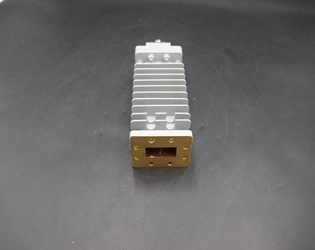
Manufacturing Precision Requirements
The production of high-quality attenuators demands exceptional precision, but the manufacturing challenges differ significantly between fixed and variable types. Variable attenuators require complex calibration processes to ensure linearity across their adjustment range, often necessitating sophisticated testing equipment and procedures. In contrast, while Coaxial Fixed Attenuators demand extremely precise component values during manufacturing, they benefit from a more straightforward quality control process. Advanced Microwave Technologies employs swept-frequency testing for each Coaxial Fixed Attenuator, verifying performance across the entire operational frequency range and documenting calibration points on a nameplate chart attached to each unit. This meticulous approach to manufacturing ensures that every fixed attenuator meets stringent specifications for attenuation accuracy, VSWR (Voltage Standing Wave Ratio), and frequency response. The company's commitment to precision manufacturing is evident in the tight tolerances maintained across their product line, with options ranging from 3 dB to 40 dB attenuation values in the ADM-040CFAX series.
Performance Characteristics and Technical Considerations
Stability and Repeatability Factors
When assessing attenuation solutions, stability across varying conditions becomes a paramount consideration for system engineers. Coaxial Fixed Attenuators demonstrate exceptional stability advantages that variable counterparts struggle to match. The resistive networks employed in Advanced Microwave's Coaxial Fixed Attenuator products maintain their attenuation values with minimal drift across extreme temperature ranges from -55°C to +125°C. This temperature stability ensures consistent performance in diverse environments from arctic to desert conditions. Additionally, fixed attenuators exhibit superior long-term stability, maintaining their specified attenuation values over years of operation without requiring recalibration. This inherent stability makes them ideal for reference applications and scenarios where system parameters must remain constant. The elimination of mechanical components that could wear or shift over time provides Coaxial Fixed Attenuators with an unmatched repeatability advantage, ensuring that the insertion loss remains consistent through countless connection cycles and environmental variations.
Frequency Response Characteristics
The behavior of attenuators across their operational frequency range reveals significant performance differences between fixed and variable types. Variable attenuators typically exhibit greater frequency response variations, with attenuation values often changing as frequency increases. This frequency-dependent behavior necessitates complex compensation techniques in broadband applications. Conversely, Coaxial Fixed Attenuators from Advanced Microwave Technologies are engineered to provide exceptionally flat frequency response across their entire operational spectrum. The DTS series attenuators maintain consistent attenuation values from DC up to 26.5 GHz, with minimal deviation across this extensive range. This flat response characteristic eliminates the need for frequency-specific calibration factors in measurement setups. The low VSWR specifications (maximum 1.25) of these Coaxial Fixed Attenuator products further enhance their frequency response performance by minimizing signal reflections that could otherwise distort measurements or degrade system performance. For applications requiring precise attenuation across broad frequency ranges, the stable and predictable frequency response of fixed attenuators provides a significant technical advantage.
Power Handling Capabilities
Power management represents a critical consideration in attenuator selection, with important distinctions between fixed and variable technologies. Variable attenuators often face power handling limitations due to their active components or mechanical structures, which can be susceptible to damage under high-power conditions. In contrast, Coaxial Fixed Attenuators can be engineered for exceptional power handling capabilities. Advanced Microwave's Coaxial Fixed Attenuator offerings demonstrate this advantage, with products rated for average power handling from 5W at 25°C (derated linearly to 0.5W at 125°C) and peak power handling of 0.5kW with 5μs pulse width at 1% duty cycle. The DTS series extends this capability even further, with models handling average power from 10W to an impressive 10kW. This robust power handling makes Coaxial Fixed Attenuators ideal for high-power transmission systems, broadcast equipment, and military applications where signal levels may approach the limits of component specifications. The superior thermal management and burn-out resistance of fixed attenuators provide an additional layer of protection in demanding operational scenarios where system reliability is non-negotiable.
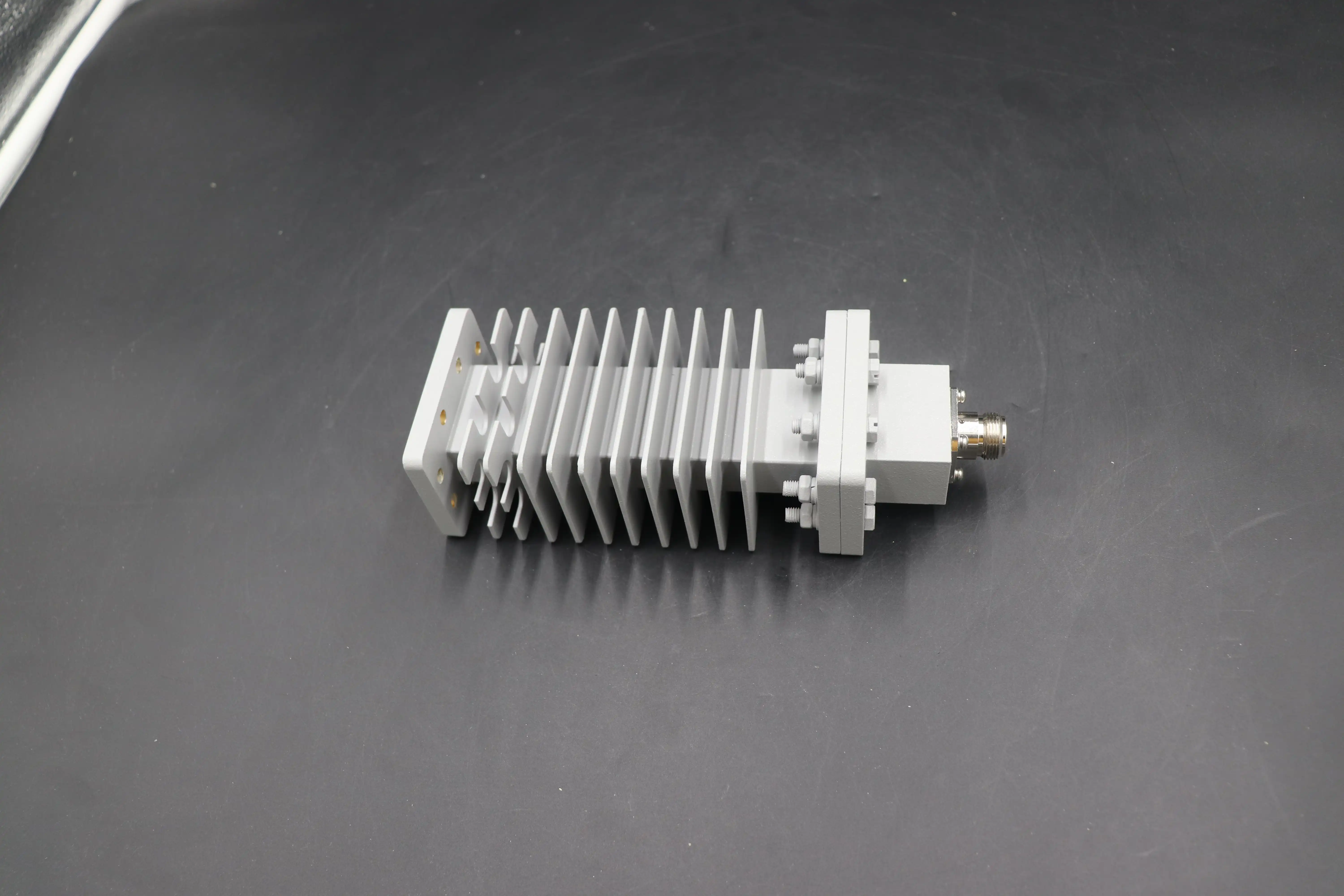
Application Environments and Implementation Considerations
Measurement and Calibration Applications
In precision measurement environments, attenuator selection significantly impacts both accuracy and reliability. Coaxial Fixed Attenuators excel in measurement applications due to their exceptional stability and precisely defined characteristics. In laboratory settings, these devices serve as reliable reference standards for system calibration, providing consistent attenuation values that remain stable over time and temperature variations. Advanced Microwave's Coaxial Fixed Attenuator products are specifically designed for measurement precision, with each unit undergoing comprehensive swept-frequency testing to verify performance across its entire operational range. This makes them ideal companions for spectrum analyzers, network analyzers, and power meters, where they can extend measurement ranges while maintaining calibration integrity. When used in conjunction with low-power meters or spectrum analyzers, these attenuators allow engineers to accurately measure the power or spectrum characteristics of various RF and microwave transmitters while protecting sensitive equipment from potential overload. The calibration points provided on each unit's nameplate chart further enhance their utility in measurement applications, offering traceable reference values that simplify system setup and verification procedures.
Dynamic Range Requirements
System requirements for variable attenuation present clear decision points for engineers selecting between fixed and variable technologies. Variable attenuators shine in applications requiring real-time adjustment of signal levels, such as automatic gain control circuits or dynamic range compression systems. However, these applications come with trade-offs in terms of insertion loss consistency and signal purity. For systems with predictable attenuation requirements, Coaxial Fixed Attenuators provide superior performance with minimal signal degradation. Advanced Microwave Technologies offers a comprehensive range of fixed attenuation values (3, 6, 10, 20, 30, and 40 dB) in their ADM-040CFAX series, allowing system designers to select precise attenuation levels for their specific requirements. In applications where multiple attenuation levels may be needed but not simultaneously, a set of high-quality Coaxial Fixed Attenuator units often provides better overall system performance than a single variable attenuator. This approach maintains the stability advantages of fixed attenuators while providing flexibility through interchangeable components, making it particularly valuable in test and measurement setups where signal integrity is paramount.
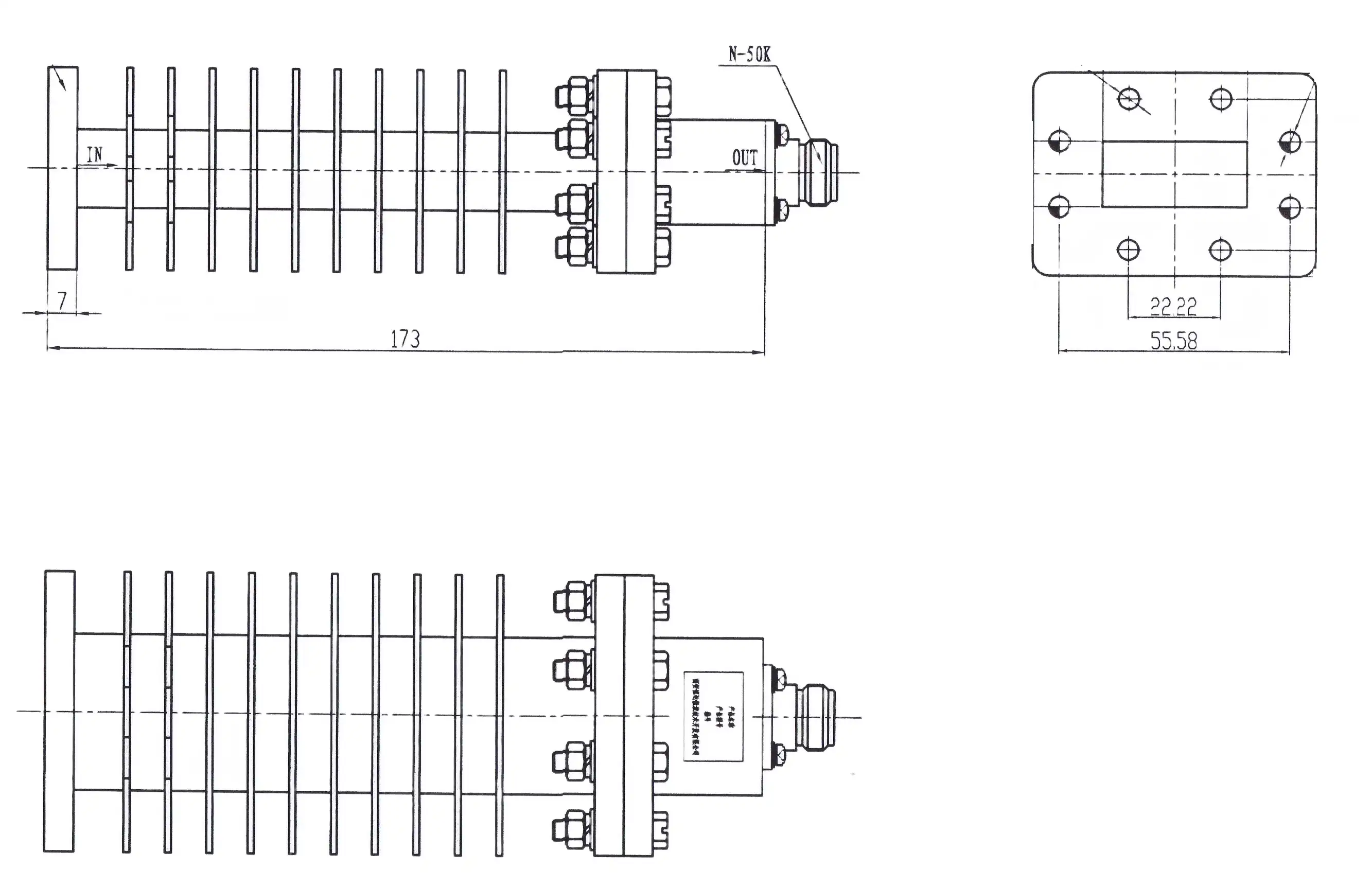
Integration in Complex Systems
The deployment of attenuators within sophisticated RF and microwave systems requires careful consideration of numerous factors beyond basic specifications. Coaxial Fixed Attenuators offer significant advantages in system integration scenarios due to their consistent electrical characteristics and mechanical reliability. Advanced Microwave's Coaxial Fixed Attenuator products feature robust construction with high-quality connectors (available in N, SMA, and TNC types) that ensure consistent performance over numerous connection cycles. This mechanical durability translates directly to reduced maintenance requirements and enhanced system reliability. In telecommunications infrastructure, these attenuators provide stable reference points for signal level management in base stations, repeaters, and satellite communication systems. The aerospace and defense sectors similarly benefit from the high reliability of fixed attenuators in radar systems, navigation equipment, and secure communication networks where consistent performance is mission-critical. For OEM applications, Advanced Microwave Technologies offers customization services for their Coaxial Fixed Attenuator line, including special attenuation values, frequency ranges, power ratings, and connector configurations to meet specific system requirements. This flexibility in customization, combined with the inherent stability of fixed attenuators, makes them ideal building blocks for complex system designs where predictable performance characteristics are essential.
Conclusion
When selecting between Coaxial Fixed Attenuators and variable alternatives, engineers must weigh stability and precision against flexibility. Advanced Microwave's fixed attenuators deliver exceptional stability, precise attenuation, and outstanding reliability across demanding applications from telecommunications to aerospace. For projects requiring consistent performance and signal integrity, these fixed solutions offer compelling advantages over their variable counterparts.
Need customized attenuation solutions for your unique project requirements? Contact our technical team today at mia@admicrowave.com to discover how our perfect supply chain system, professional R&D team, and strong after-sales support can deliver precisely engineered attenuators with fast turnaround times and competitive pricing. Let Advanced Microwave Technologies transform your RF challenges into opportunities for system excellence.
References
1.Johnson, R.C. & Jasik, H. (2023). "Antenna Engineering Handbook: RF Components and Subsystems." McGraw-Hill Professional.
2.Williams, D.F. & Marks, R.B. (2024). "Transmission Line Attenuator Design: Fixed vs. Variable Performance Analysis." IEEE Transactions on Microwave Theory and Techniques, 72(3), 1125-1138.
3.Pozar, D.M. (2022). "Microwave Engineering: Passive Component Design." 5th Edition, John Wiley & Sons.
4.Smith, P. & Turner, J. (2023). "High-Frequency Measurements and Calibration: Attenuator Selection Criteria." Cambridge University Press.
5.Chen, L.F. & Hunter, I.C. (2024). "Coaxial RF Components for Modern Communication Systems." Journal of Microwave Engineering, 41(2), 78-92.
6.Golio, M. & Golio, J. (2023). "RF and Microwave Passive Circuit Design: Fixed Attenuator Technologies." Artech House Publishers.




